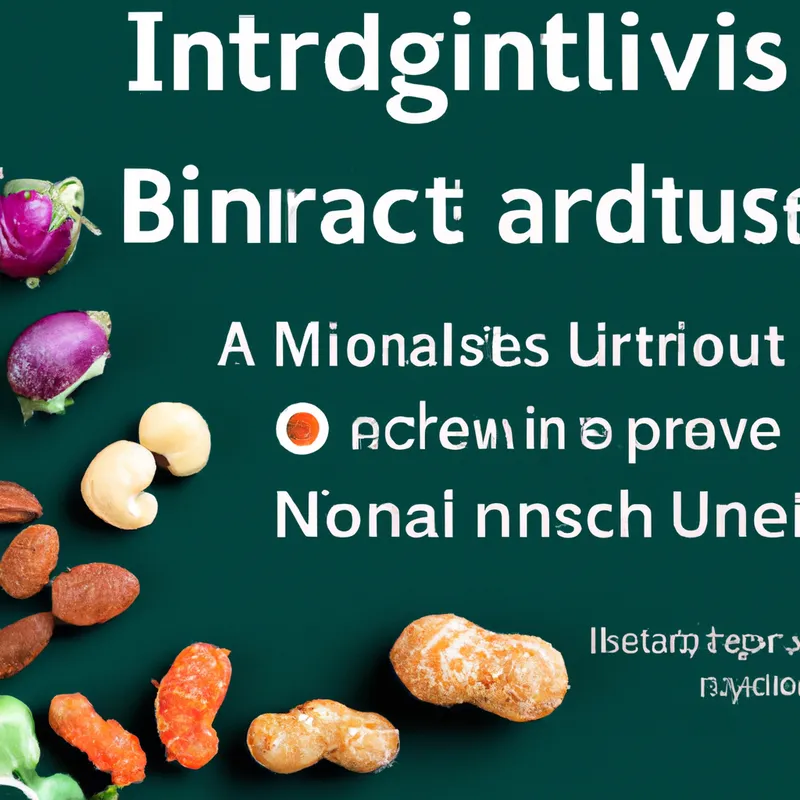Energize Nutrient Absorption with Healthy Gut
The Role of Gut Microbiome Diversity in Nutrient Absorption and Overall Health
The gut microbiome significantly impacts our health. This community of bacteria and microorganisms influences digestion and immune response. Recent research underscores the importance of microbiome diversity for nutrient absorption and overall well-being. Understanding this connection allows us to make better dietary choices.
What Is the Gut Microbiome?
The gut microbiome consists of trillions of microorganisms in our intestines. These include bacteria, viruses, fungi, and archaea. Each microbiome is unique, shaped by genetics, diet, environment, and lifestyle. A diverse microbiome contains many species, enhancing its functionality.
Microbiomes aid digestion, synthesize vitamins, and regulate metabolism. They produce short-chain fatty acids (SCFAs) through fiber fermentation, promoting gut health. In essence, the gut microbiome acts as a hidden organ crucial for overall health.
Why Does Diversity Matter?
A diverse gut microbiome supports better nutrient absorption. Different microorganisms break down food differently. Some microbes excel at digesting fibers, while others thrive on proteins or fats. A diverse microbiome processes a broad range of nutrients, ensuring your body receives essential vitamins and minerals.
Moreover, a diverse microbiome maintains a balanced gut environment. This balance prevents harmful bacteria from dominating and promotes beneficial bacteria growth. A healthy microbiome also produces essential vitamins and SCFAs, vital for gut health and well-being.
Studies show that individuals with higher microbiome diversity enjoy better metabolic health, lower inflammation, and reduced chronic disease risk. In contrast, low diversity correlates with obesity, diabetes, and inflammatory bowel disease (IBD).
Tips for Enhancing Microbiome Diversity
You can improve your gut microbiome diversity through dietary changes. Here are actionable tips to help you start.
1. Eat a Variety of Foods
Aim for a diverse diet rich in fruits, vegetables, whole grains, and legumes. Each food provides unique nutrients for different microbes. For instance, cruciferous vegetables like broccoli support specific beneficial bacteria. Colorful fruits offer antioxidants that enhance gut health. Incorporating various foods nourishes your gut and keeps meals exciting.
2. Incorporate Fermented Foods
Fermented foods introduce beneficial bacteria into your gut. Foods like yogurt, kefir, sauerkraut, kimchi, and kombucha serve as excellent probiotic sources. Regularly consuming these foods can significantly boost microbial diversity. Start with small portions and gradually increase intake to help your gut adapt.
Conclusion
Enhancing gut microbiome diversity improves nutrient absorption and overall health. By making dietary changes, you can support your microbiome and promote well-being.
Below are related products based on this post:
FAQ
What is the gut microbiome and why is it important?
The gut microbiome consists of trillions of microorganisms in our intestines, including bacteria, viruses, fungi, and archaea. It plays a crucial role in digestion, immune response, and overall health. A diverse microbiome enhances nutrient absorption and promotes the production of essential vitamins and short-chain fatty acids (SCFAs), making it a vital component of our well-being.
How does microbiome diversity affect nutrient absorption?
A diverse gut microbiome supports better nutrient absorption because different microorganisms specialize in breaking down various types of food. Some microbes are more efficient at digesting fibers, while others excel with proteins and fats. This diversity ensures that your body can process a wide range of nutrients, allowing for better intake of essential vitamins and minerals.
What dietary changes can enhance gut microbiome diversity?
To enhance gut microbiome diversity, focus on eating a variety of foods, including fruits, vegetables, whole grains, and legumes. Incorporating fermented foods like yogurt, kefir, sauerkraut, kimchi, and kombucha can also introduce beneficial bacteria into your gut. A diverse diet nourishes different microbes and promotes a healthier gut environment.















Post Comment